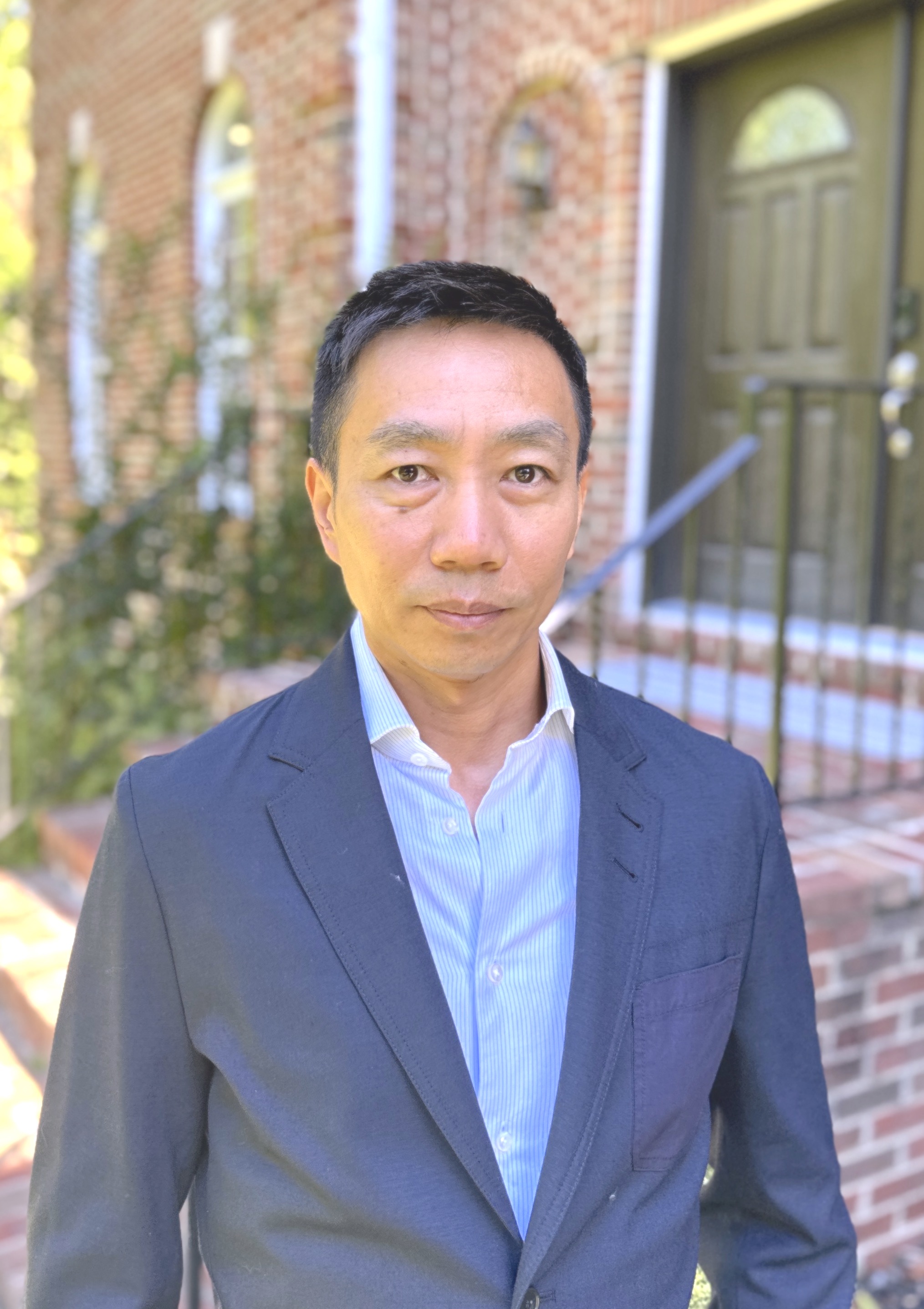Artificial intelligence (AI) has emerged as a transformative tool for tackling the dynamic challenges of our rapidly changing world. In domains like cybersecurity and education, AI offers the potential to safeguard critical operations against sophisticated attacks and revolutionize how individuals are trained and prepared for real-world scenarios. Professor of Electrical and Computer Engineering Tian Lan is leading groundbreaking work on the applications of multi-agent AI for security and mixed reality (MR).
“Rapid advancements in AI technologies have induced tremendous growth in innovation and automation in cyber defense. However, in what is the attack landscape’s next evolution, adversaries are, by the same token, taking advantage of AI themselves to deploy more advanced attacks,” said Lan.
The Army Research Office is funding Lan’s joint project with Northeastern University, “CLASH: Cognizant Learning Agents with Adversary-modeling for Supreme Holistic Cyber Defense,” which will investigate novel capabilities for defensive AI agents to model and learn adversarial behaviors. The team’s approach is formulating cybersecurity problems as a competitive, zero-sum game between AI-powered agents. Since these behaviors are dynamic, obscure, and non-stationary, this method will allow teams of cyber defense agents to swiftly collaborate and respond since they’re cognizant of the threat.
Lan’s work developing an interactive MR-based platform for AI-driven collaborative task environments will make training, like that for emergency response preparation, more realistic, accessible, and cost-effective. Alongside collaborators from Penn State University, he will develop this platform to integrate immersive systems, such as edge computing, intelligent networking, MR headsets, and virtual scene simulations driven by multi-agent reinforcement learning and LLMs, enabling seamless multi-modal interactions between humans and virtual scenes while laying the groundwork for advanced AI-driven task execution.
This two-year project, “EAGER: TaskDCL: Collaborative Research: IMPACT: Interactive Mixed-Reality-Based Platform for AI-Driven Adaptive and Collaborative Task Training Environments,” is funded by an NSF Early Concept Grant for Exploratory Research (EAGER). EAGER is a mechanism that supports exploratory work on untested but potentially transformative research ideas, which highlights the project’s high-risk, high-reward potential in advancing human training capabilities.
As technology evolves, so do the complexities of the challenges we face. The collective impact of Lan’s projects highlights how AI can not only address these challenges head-on but also build a more resilient and prepared workforce, ultimately showcasing a vision for the future where we leverage AI to enhance global well-being.


